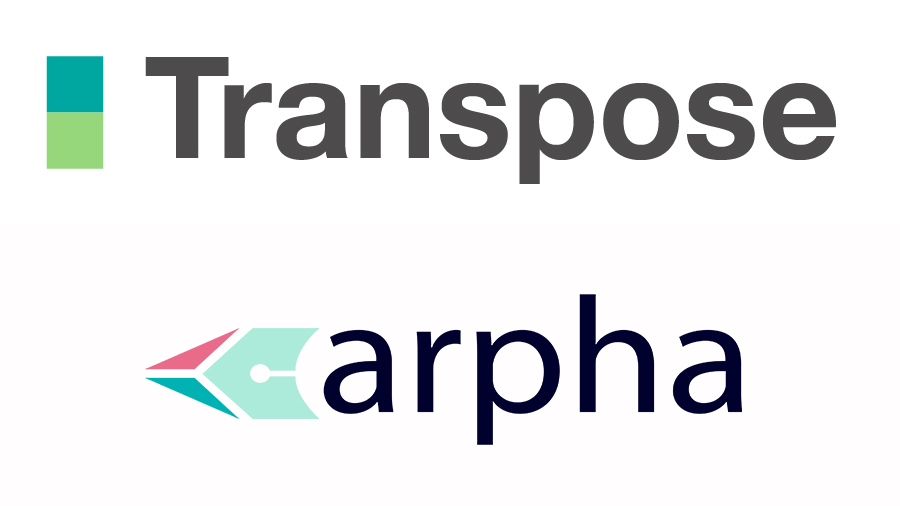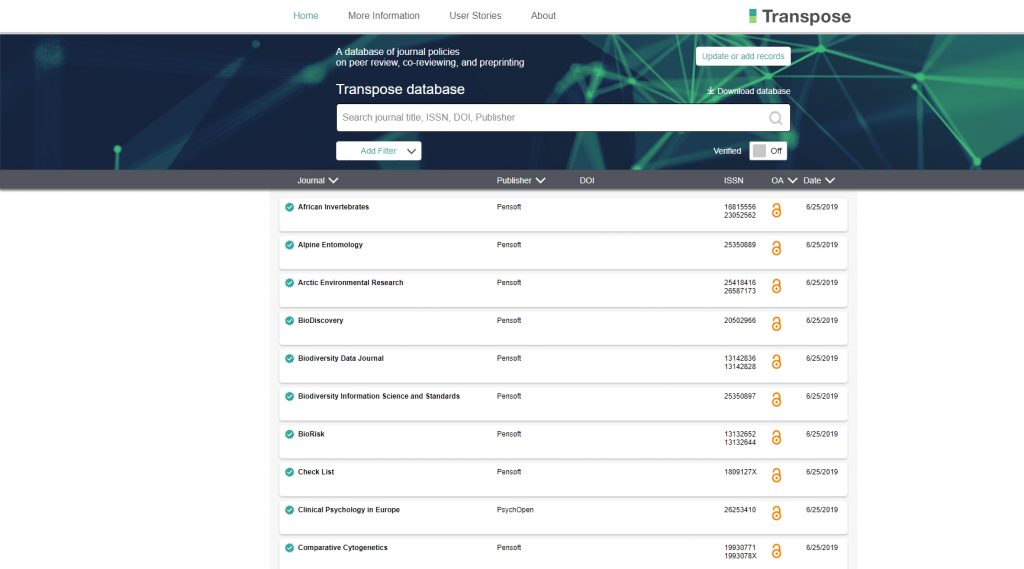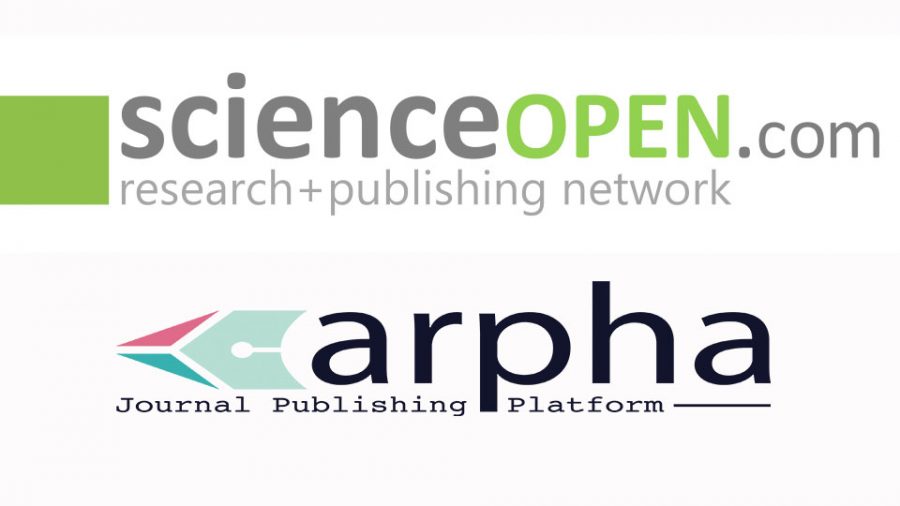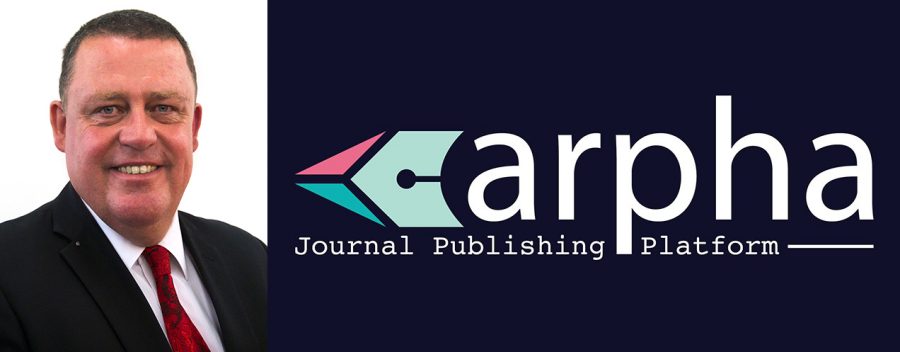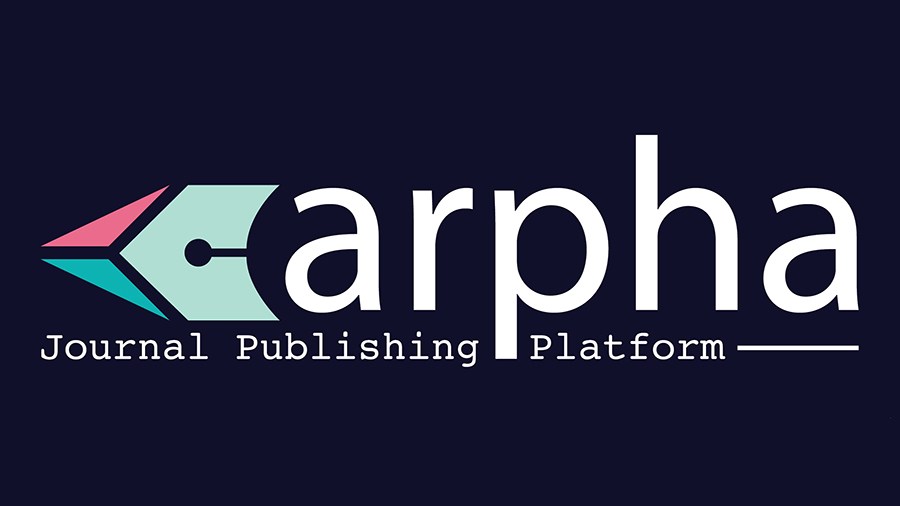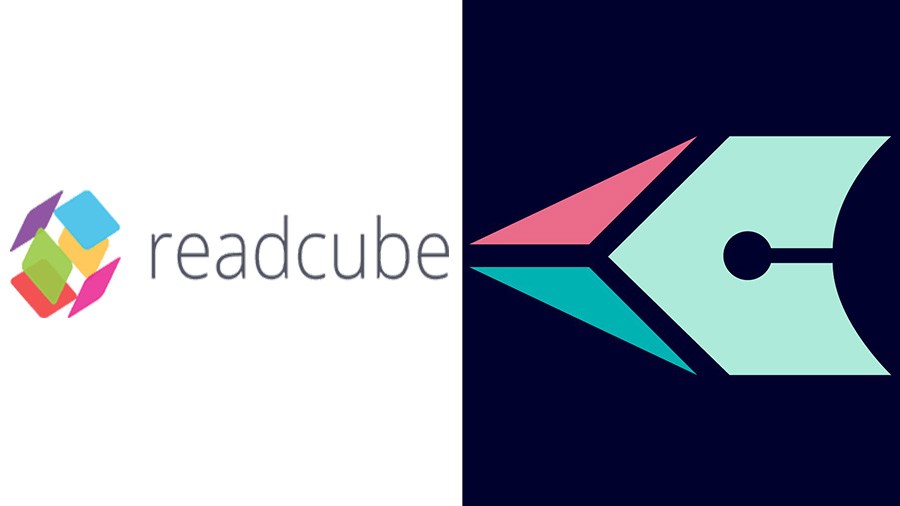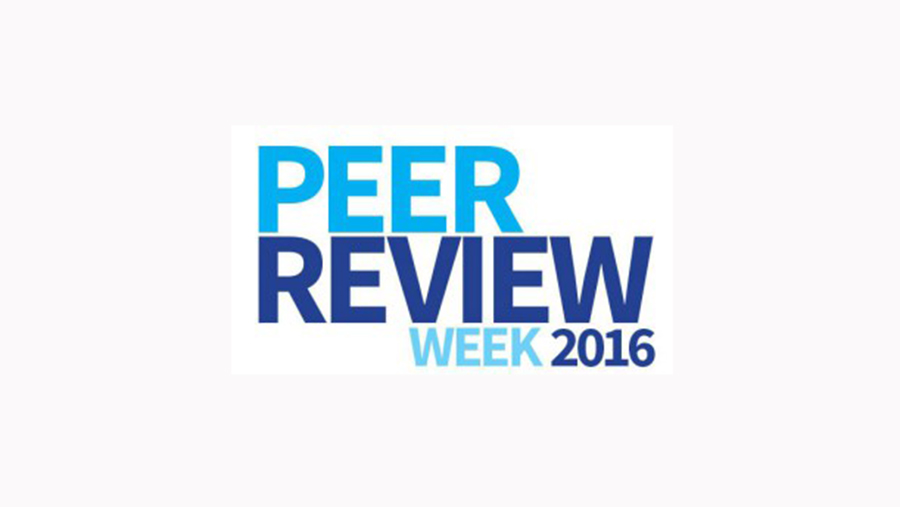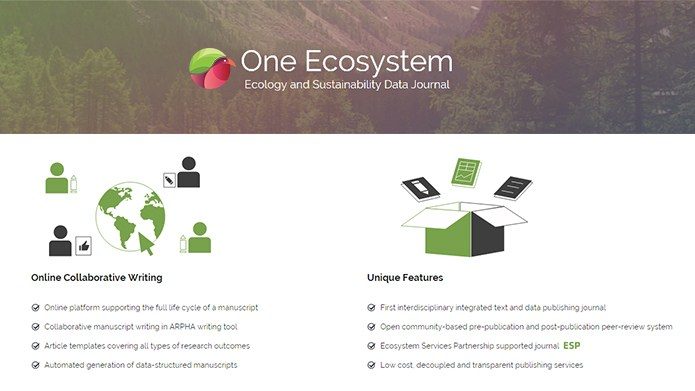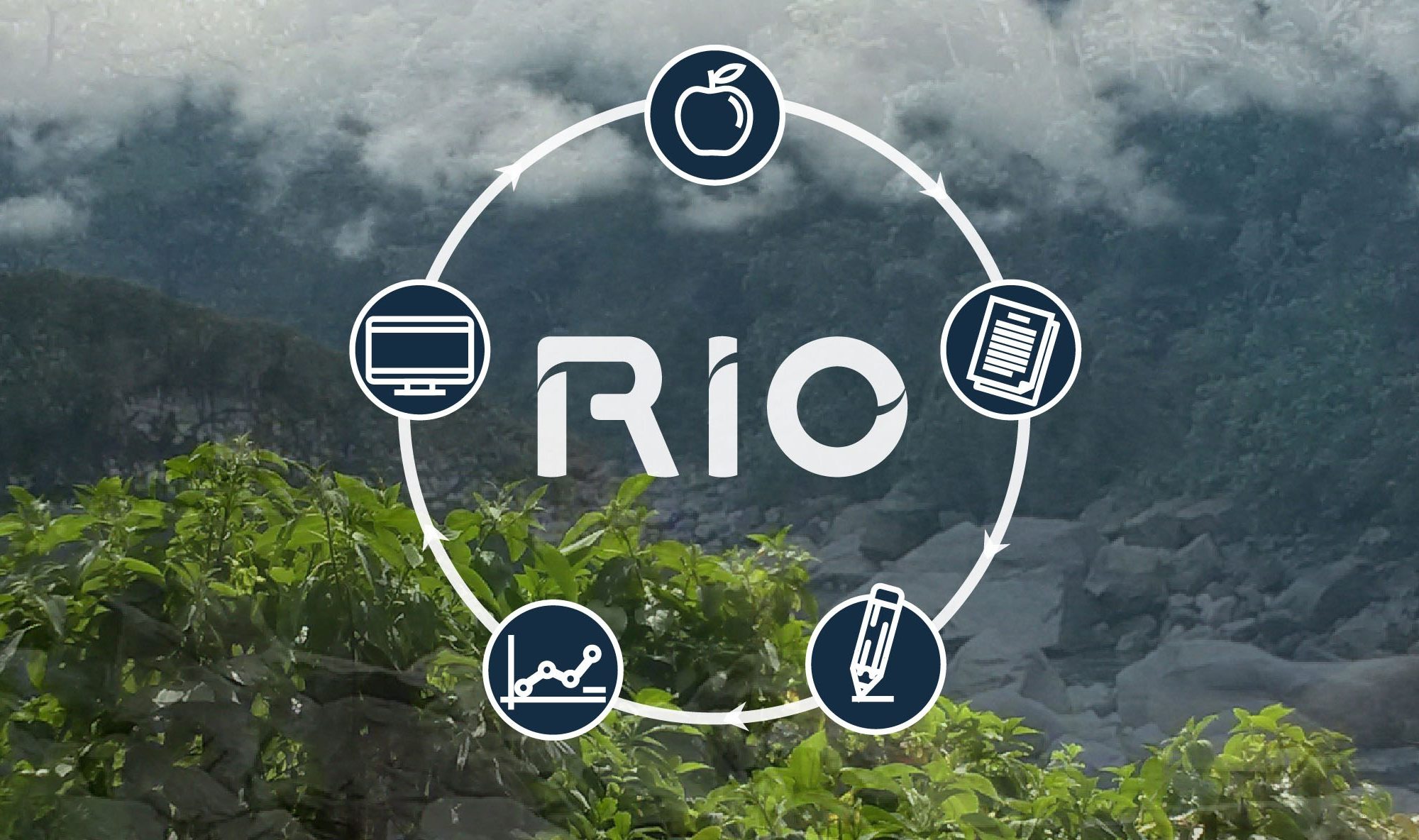One size to fit them all? At ARPHA, we are well aware that it does not work like that in academia, let alone when it comes to accommodating individual scholarly journals from across the tremendously varied publishing landscape.
This is why we have prepared four options to account for the specific aims and needs of ARPHA’s potential clients, while bearing in mind their resources and sustainability.
In the spirit of transparency and openness, along with a comprehensive list of services that clarifies how each plan compares with the rest, we have provided the associated pricing ranges, where the total expenditure is easy to calculate, as it is based solely on the volume of published content. To support emerging publishers and prolific institutions, and express gratitude for their trust, we offer discounts for multiple journals joining ARPHA’s community.

While Open Science initiatives, including OA2020 and Plan S, have clearly become the major talking points, academic institutions, societies and small-to-medium publishers from around the world are increasingly looking to chip in the growing community and make their own stand for science becoming truly efficient, responsible and inclusive by ensuring openness, transparency and FAIRness. But how do they do that when capped budgets, scarce human resources and lack of know-how in specific areas come into play?
While one may be struggling with bringing together the right in-house expertise, another might be unable to keep track of the ‘top wanted’ integrations and services required for any state-of-the-art publication venue, and yet another might be encountering difficulties in communicating their otherwise ground-breaking published research to the public. In our experience, all of them are most likely experiencing difficulties with either the development of an advanced and user-friendly technological backbone or covering the associated costs.
ARPHA provides a highly automated, end-to-end publishing platform to ALL clients by default, which ensures that the research in their journals is just as easy to prepare and publish as it is to discover, access and reuse later on.
Here are the good news! ALL journals published on ARPHA Platform take advantage of our signature high-tech and easy-to-operate full-featured platform by default. What we mean, is that any journal benefits from an end-to-end, entirely online publishing solution, which takes care of the manuscripts all the way from submission and peer review to editing, publication, dissemination, indexing and archiving (see “The 5 Most Distinct Features of ARPHA”), while the annual maintenance could easily cost as little as a few thousands euros.
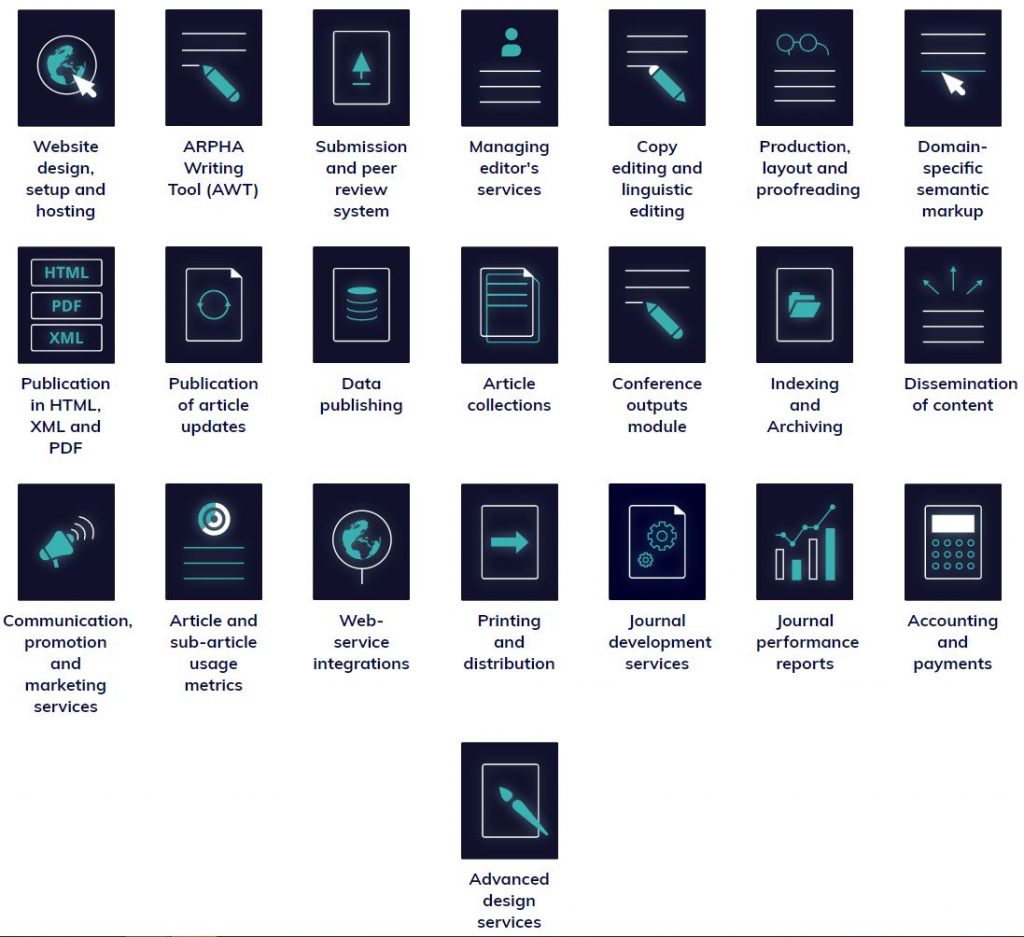
It also comprises an extensive collection of services brought together in order to attend next-to-all demands associated with scholarly publishing.
On top of ARPHA’s user- and collaboration-friendly platform that allows for authors, reviewers and editors to easily and conveniently manage and track the progress of manuscripts, thereby ensuring that no technological pitfalls stand in the way to rapid and efficient distribution of scientific knowledge, our platform is continuously expanding its suite of services and features. This is also where one can find the major differences between the four plans offered by ARPHA.
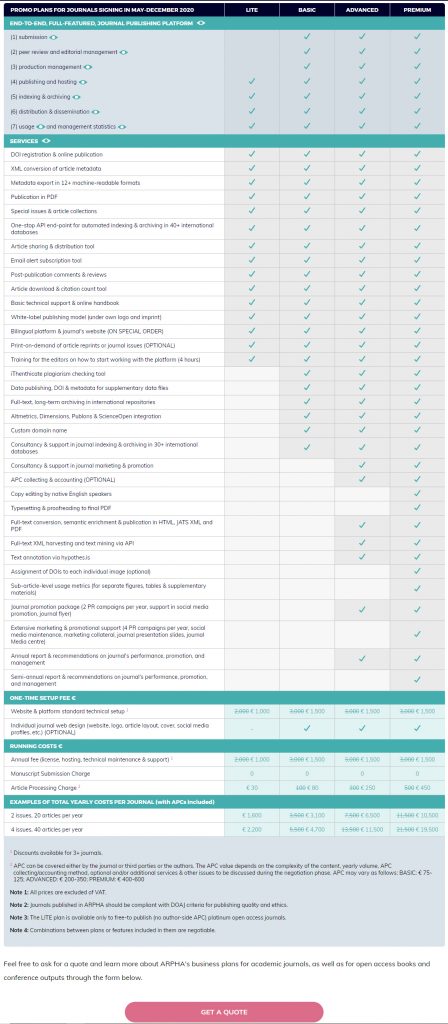
With so many services and functionalities at hand, it was not that difficult for us to come up with four thought-through alternatives, and still ensure that ALL clients of ARPHA have their journals’ content published in a Findable, Accessible, Interoperable and Reusable manner. ga
As you can notice, even the lowest-priced LITE Plan features a plenty of useful and advanced perks, including a one-stop API end-point for distribution to 30+ international databases, metadata export to 12+ machine-readable formats, article sharing and usage statistics tools.
At the other end of the spectrum, ARPHA’s PREMIUM Plan adds top-notch features, such as assignment of Digital Object Identifiers (DOIs) to individual images, which in turn allows for the delivery of real-time usage metrics for each one of those.
Extensive marketing and promotional support, including an unlimited dissemination of press releases via the major global science news release platform Eurekalert! (AAAS), is also available to PREMIUM clients. Thus, a journal’s authors will not have to worry about their groundbreaking discoveries failing to reach the global public (e.g. news story “Scientists discover new Chinese firefly species” on SKY News, covering one of the latest publications in ZooKeys journal, and the associated press release on Eurekalert!).
***
Curious about how ARPHA could accommodate your journal(s)?
Scroll down our pricing plans and operating models, and fill out the Get a Quote form. Shortly, we will be back in touch to discuss the best options for ARPHA to fit the specificity of your publishing project.


